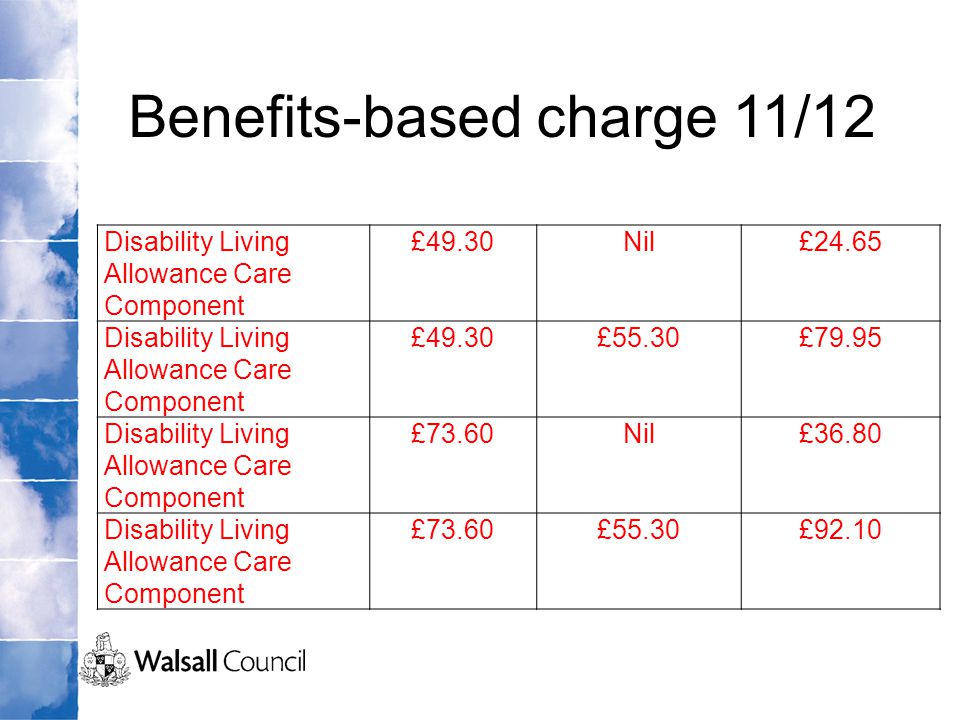What exactly is the Medicare disability support services? This component is often referred to as Part D Medicare program. It supports the payment for various medical expenses for Medicare beneficiaries. The federal government has many plans and initiatives to ensure that people with disabilities have a fulfilling life. In addition to medical expenses covered by this program, it also covers support services, home health care, work-related injuries or illnesses, and other disability-related needs. The Disability Insurance Credit is another important aspect of the Medicare program that is often misunderstood.
Social Security Disability Care Component
The goal of the Medicare Part D program was to provide long term to people whose physical abilities are impaired to the extent that they require assistance with daily living activities. However, some people and groups have called for a broad definition of the program’s disability-care component. They have called for the inclusion of long-term benefits such as the Guaranteed renewal of Medicare and the Part B prescription drug benefit in the disability care portion of the program.
Social Security Disability Care Component
The Medicare program includes several options to help people with disabilities, in addition to the benefits already mentioned. These include the Rehabilitation center incentive program and the Specialized Assistance for Needy Families incentives program. The NDIS Windsor Benefit program is also disability support services. And the Medical on the Job benefit. Each program aims to help people with a physical impairment to maintain their independence and be able to do the daily tasks of life as normal as possible. The programs generally apply to people who are in their working age and are registered as eligible workers with an employer.

One of the options included in the disability care component of the Medicare program is the winter energy payment. This payment is an additional to the monthly Medicare rates and helps to offset the cost for certain qualified heating aid that would otherwise be available. This payment is intended to help provide extra support to beneficiaries who would otherwise have difficulty paying for their own heating assistance. For example, the winter energy payments include a payment of up to 15 hundred dollars per month for individuals in any state who have heating assistance needs. (The winter energy payment’s exact amount is dependent on both the actual cost for heating during the requested period of assistance and the federal rebate applied for. This varies by each state and county.
The provision of rental subsidies is another option in the Medicare’s disability care program. This is a program that focuses on low-income people. The winter energy payments have the same income restrictions and cost limitations as social housing assistance. However, it is only available to those who need the income. These subsidies are intended to stabilize the rental market and allow the recipient to get better terms on their lease. These regulations also make it difficult for people who have been victims to landlord abuse or have been the victims of conditions that pose a health risk to receive affordable rent assistance.
The office of Dr. Devane is located on the corner East Burnet Street, Burnet, Texas. He is also involved in the leadership of a number social and faith-based groups in the community. He also works with Disability Law Firm, which is a Disability Discrimination Act firm. Because of his work, he is very familiarized with this specific area of law. Any client with a disability should speak with a lawyer who has experience in this area. If you feel that you have been the victim of unlawful discrimination, don’t hesitate to contact an attorney. An experienced lawyer will be able to evaluate the circumstances and determine whether or not a person has a case to pursue based on the basis of what exactly was the basis of their suffering.

